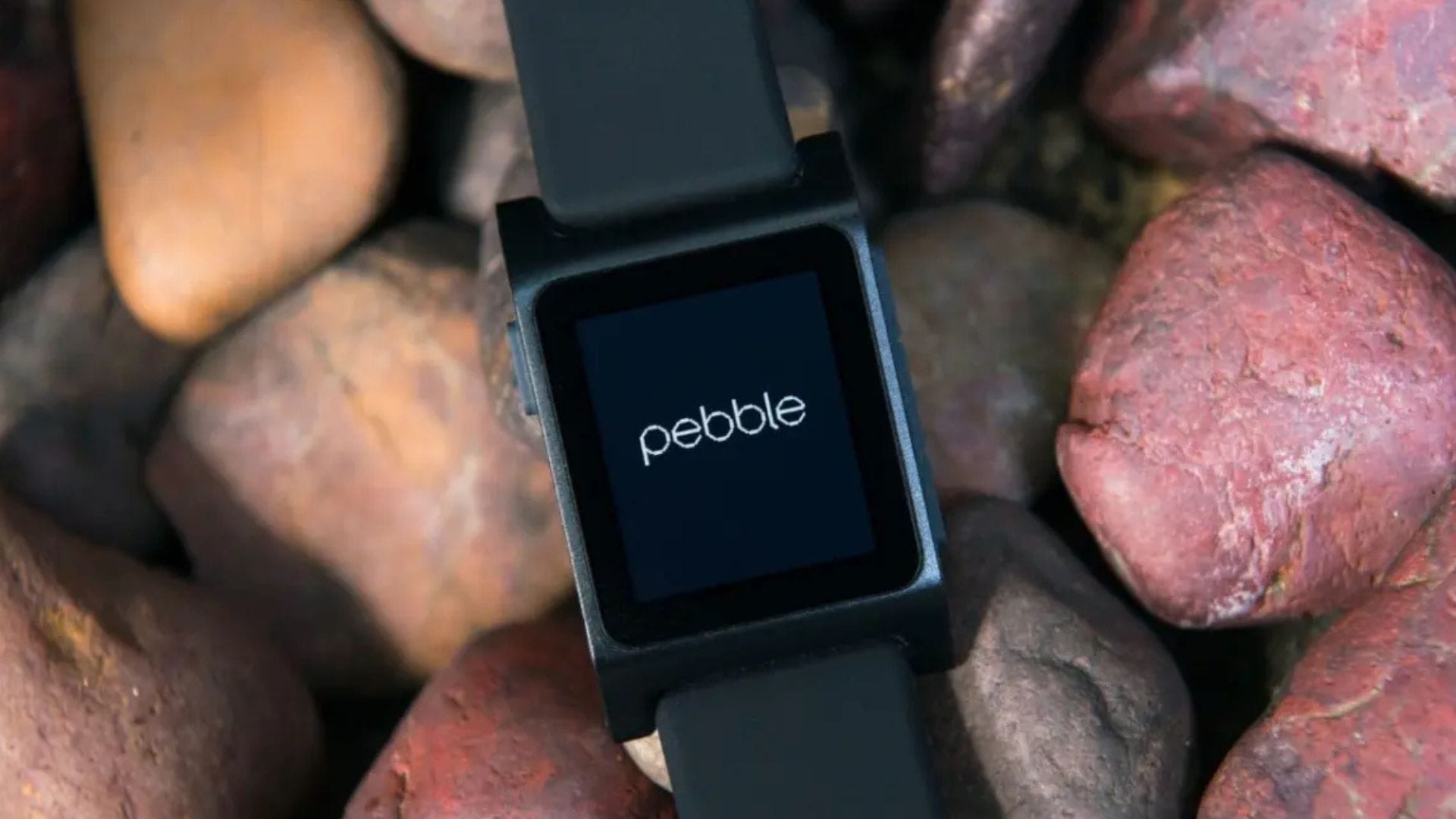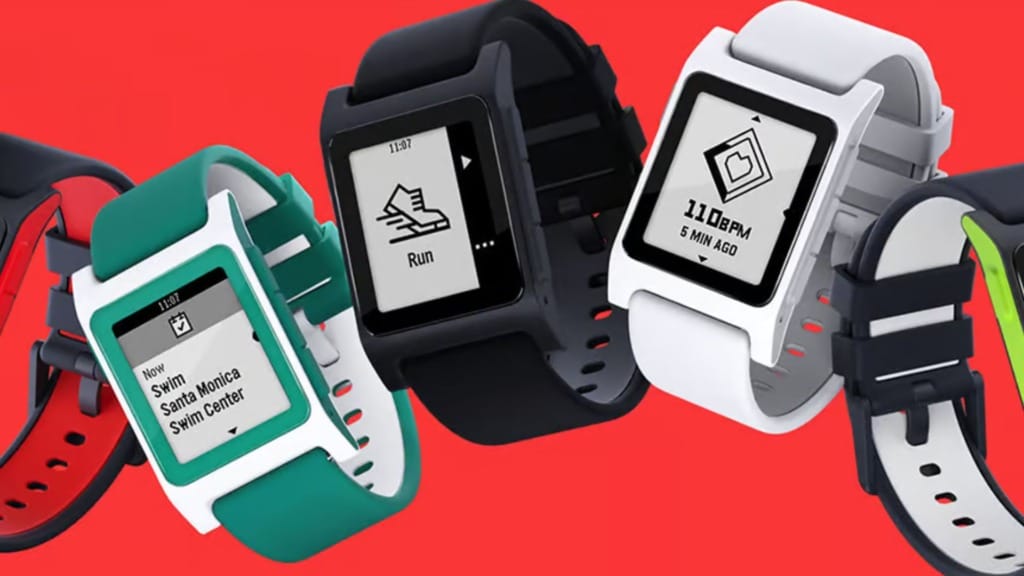Pebble smartwatch makes a comeback with open-source software release
The Pebble smartwatch's operating system is now open-source, bringing back the quirky, simple wearable loved by many.

Eric Migicovsky, the founder of the iconic Pebble smartwatch, still wears his Pebble Time Round after over 13 years since launching the company. Despite no software updates since December 2016, his device continues to work, but concerns linger about its future connectivity. Rather than purchase a new smartwatch, Migicovsky decided to bring the Pebble brand back to life. After selling his messaging app Beeper to Automattic last year, he set his sights on reviving Pebble, not by starting from scratch but by requesting Google to release the operating system for public use.
Surprisingly, Google agreed to open-source Pebble OS, and as of January 2025, all Pebble firmware is available on GitHub. This pivotal moment has allowed Migicovsky to launch a new venture to continue the legacy of the smartwatch. Though he cannot use the name “Pebble” due to Google’s ownership, his company is currently building anticipation through a waitlist at the website RePebble.
Bringing back the iconic Pebble experience

Migicovsky’s mission is clear: to bring back the beloved Pebble smartwatch in its original form. According to him, the Pebble smartwatch had features that were still unmatched by modern competitors. The e-paper display, long battery life, simple user interface, and customizability were unmatched, and Migicovsky found that no other device fulfilled his needs in the same way. In a world where smartwatches are now more focused on health and fitness, Pebble’s straightforward, quirky, and fun approach to notifications, music control, and simplicity is something that Migicovsky still cherishes.
His ambition is not to reinvent Pebble but to maintain the brand’s spirit. “We’re building a spiritual, not successor, but a clone of Pebble,” he says. He emphasises that his new venture won’t be driven by AI or unnecessary innovation but will stay true to the essential qualities that made Pebble unique. This return to basics is part of his vision for a sustainable business model prioritising steady growth rather than rapid expansion.
A sustainable and open future for Pebble
The company’s approach this time will be markedly different. In a post on his blog, Migicovsky attributed Pebble’s downfall the first time to taking on too much investment and allowing it to change the company’s direction. He fully funds the project this time and plans to operate with a leaner, more sustainable model. While the company will grow, Migicovsky says it will remain small, with a focus on quality and sustainability.
Migicovsky also hopes to foster a thriving open-source community around Pebble OS. He believes the Pebble platform, which still has a loyal fan base, will benefit from developers’ collaborative energy. A group called Rebble has continued to support the platform by maintaining and creating new Pebble apps. Migicovsky plans to continue this by open-sourcing his company’s work and encouraging developers to build new apps, watches, and potentially even new devices.
While it will take time to see the results of this project, Migicovsky’s confidence is evident. He knows he can replicate the success of the original Pebble because he has already done it once. His goal is simple: to ensure the Pebble smartwatch remains a viable and loved product for years.
















